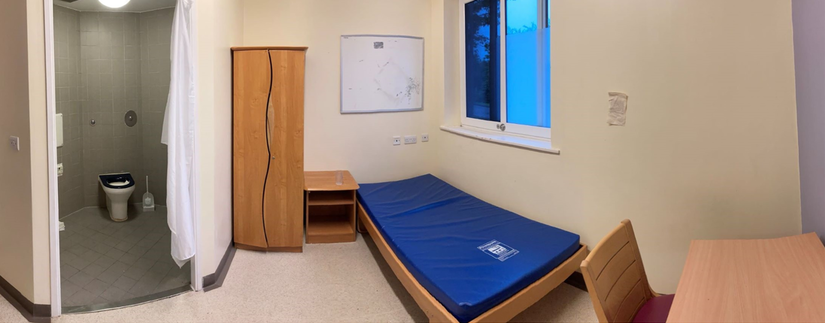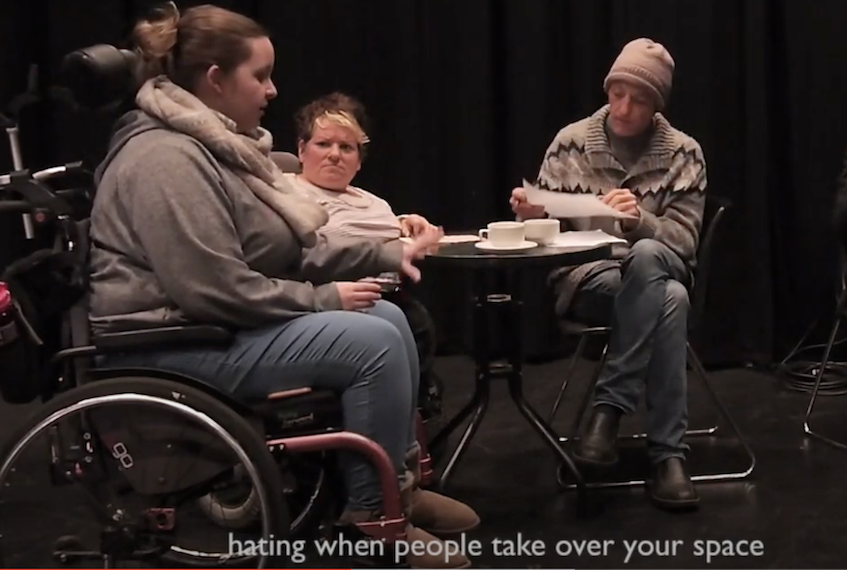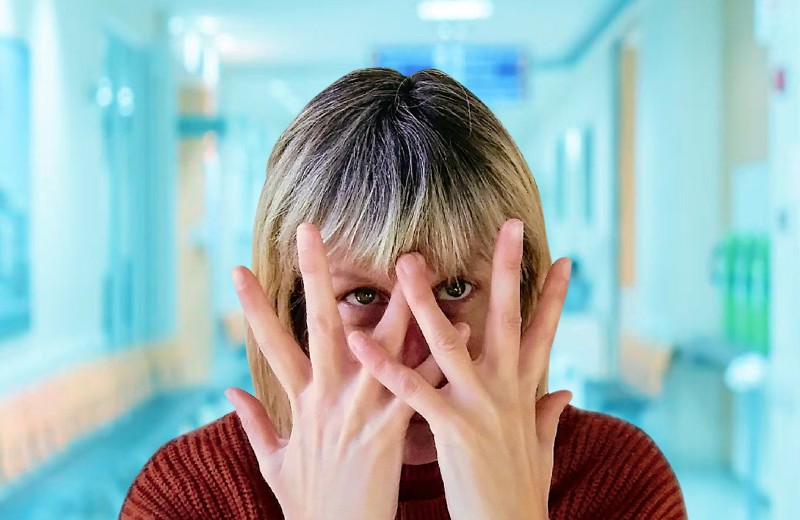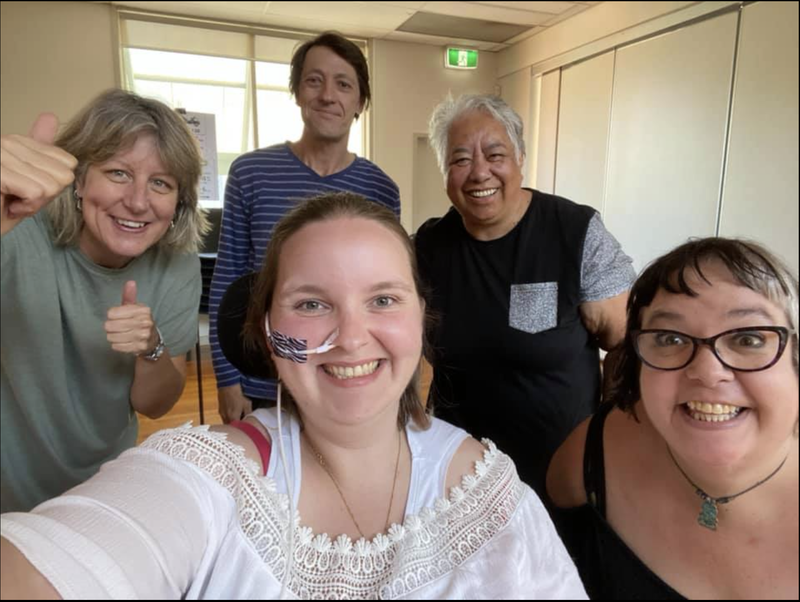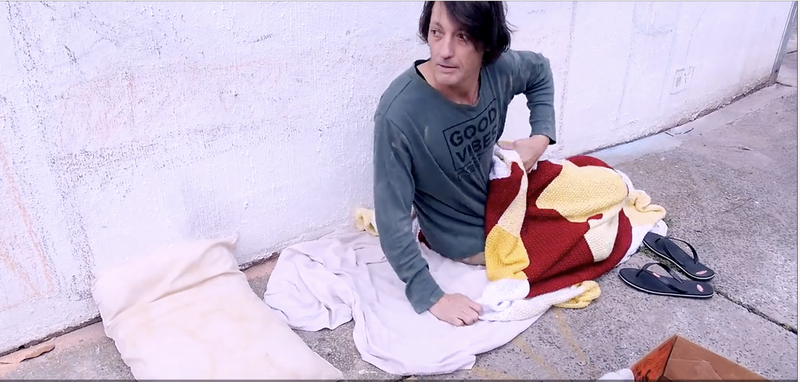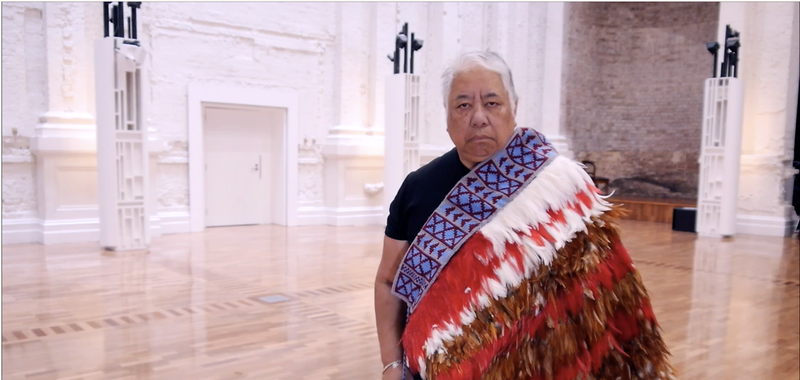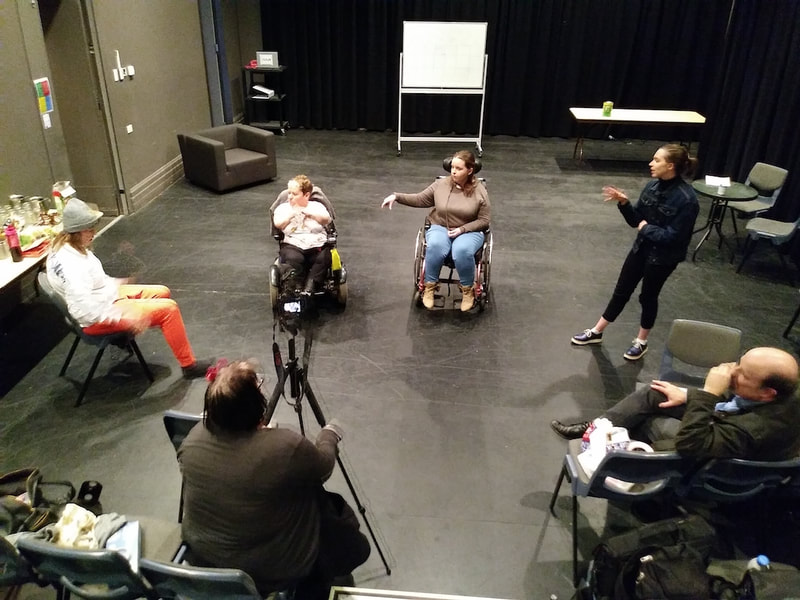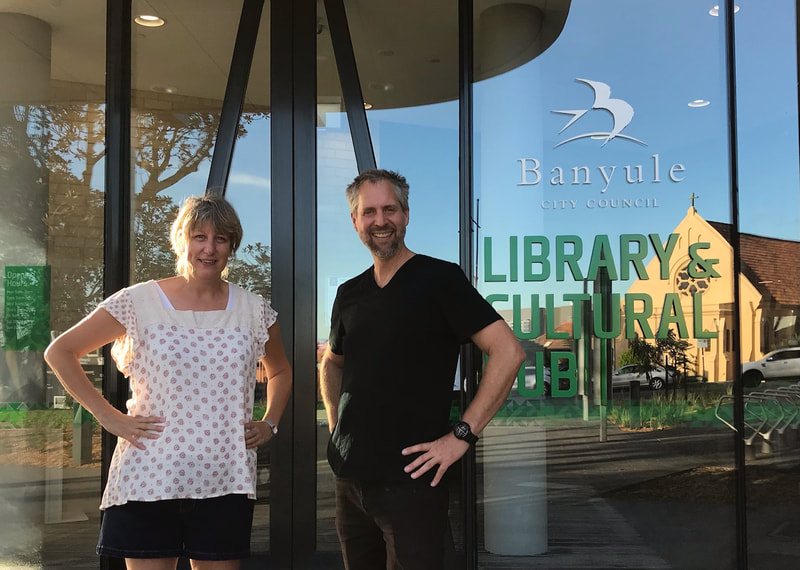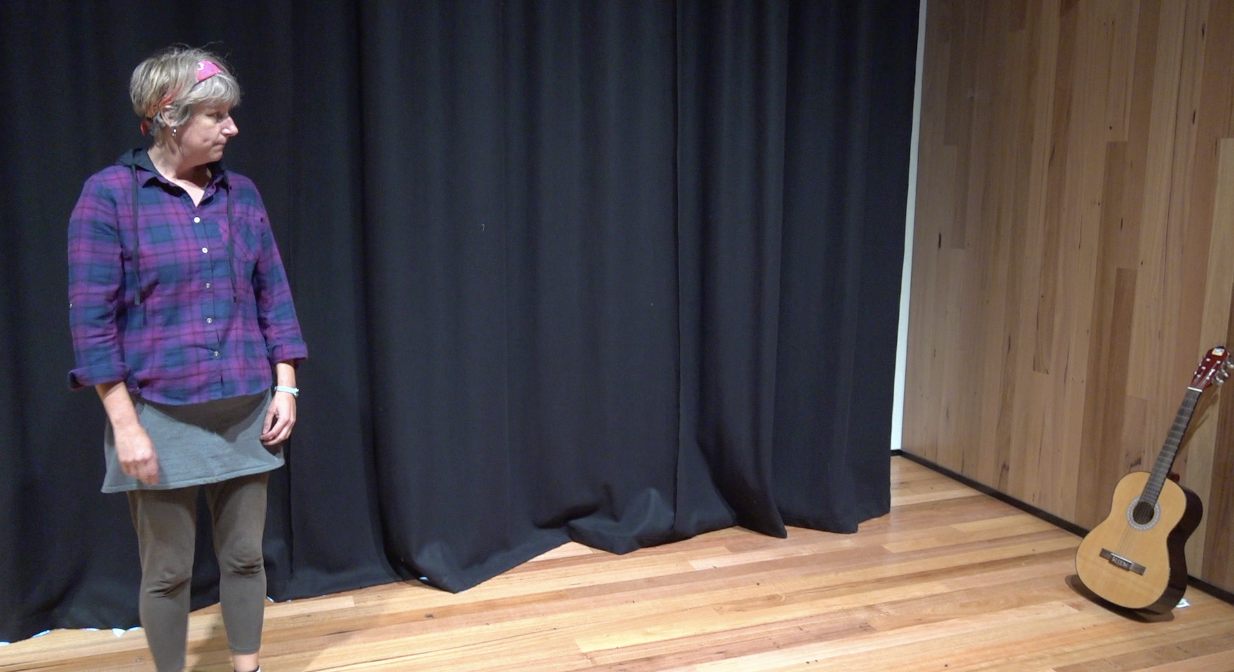About Qualia Theatre.
Qualia : (/ˈkwɑːliə) are defined as individual instances of subjective, conscious experience of a shared and current reality.
Qualia is a collection of new devised theatre works by artists with diverse experience of the Australian public mental health system. All artists are passionate about revealing human rights in adult psychiatric wards through performance.
Directed and Produced by Heidi Everett, multimedia artist, independent producer and lived experience advocate, Qualia Theatre subverts the typical expression of mental illness by holding the systems to account.
Qualia Theatre wants you to understand the psych ward experience is part of the story.
Directed and Produced by Heidi Everett, multimedia artist, independent producer and lived experience advocate, Qualia Theatre subverts the typical expression of mental illness by holding the systems to account.
Qualia Theatre wants you to understand the psych ward experience is part of the story.
How would you survive the psych ward?
Let's be clear about the psych ward journey. It's not made for the people who travel it. It is made for the tour operators.
*Content advice - the following description of public mental health wards may be distressing to some people with experience.
On any given day an Australian public psychiatric ward has, on average, 25-30 adults.
A general adult psychiatric unit is made up of one common area; one consulting psychiatrist; three meals a day; one activity a week; one primary antipsychotic medication; a preferred quota stay period of around six weeks.
The common way to be admitted is through a hospital Emergency Department triage which can lead to sensory overwhelm and subsequent security-guard induced violence trauma. Some people are brought in by police or in ambulances because there is no mental health first aid response on Triple Zero. If you're lucky, a friend (usually with lived experience) brings you to hospital and will sit with you. The journey from the ED to the psych ward is fraught with added trauma.
Each person has a bedroom with a single metal bed with a rubber/foam mattress and bolted down side-table and small cupboard. This mattress often stinks of human body odour. Every room has an en suite bathroom which sounds great until you see the cleaner wash every bathroom down each day with one bucket of soapy water wiping down your toilet and your toothbrush with the same chux cloth for every room. Bare feet often end up covered in warts. Men and women are able to access any room, at any time, leading to assaults, theft and insecurity. Outdated architecture not designed to accommodate neurodiversity and trauma, reverberates loud noises such as loud voices and there is a lack of natural light and fresh air. Any ward lucky enough to have an outdoor space is often full of cigarette smoke and ash, making the space useless for non-smokers and people with health conditions like asthma.
People on illicit substances often get admitted to the ward for 24 hours. They sometimes act out with incredible violence causing all patients to be 'locked down' in their rooms; terrifying people with trauma (mostly everyone). Police are not allowed to enter the ward while the person is under admission so they stand outside useless, or just leave.
Recovery and discharge is based on a person's capacity to accept and tolerate medication, and display regulated insight to their illness.
There are no cultural or language support structures. Auslan interpreters, Elder healing, access to religious and spiritual resources, the arts and health rights around physical exercise or mental stimulation, are non-existent.
Within these minimal structures, people have to fit completely different lives, dreams, backgrounds and human rights in to the single medical model coerced upon us.
Qualia reveals all.

